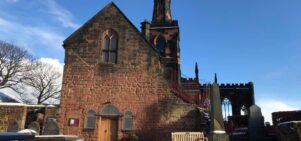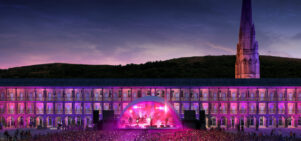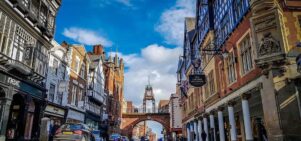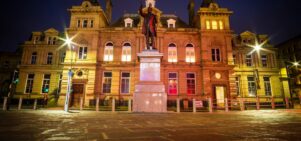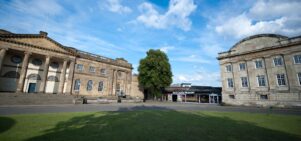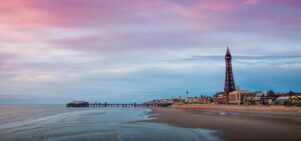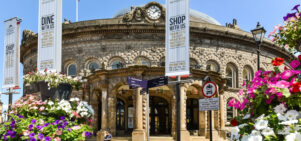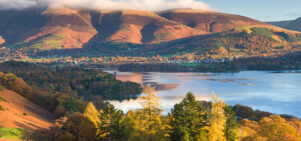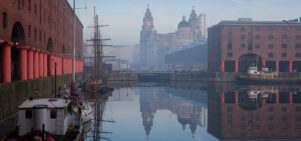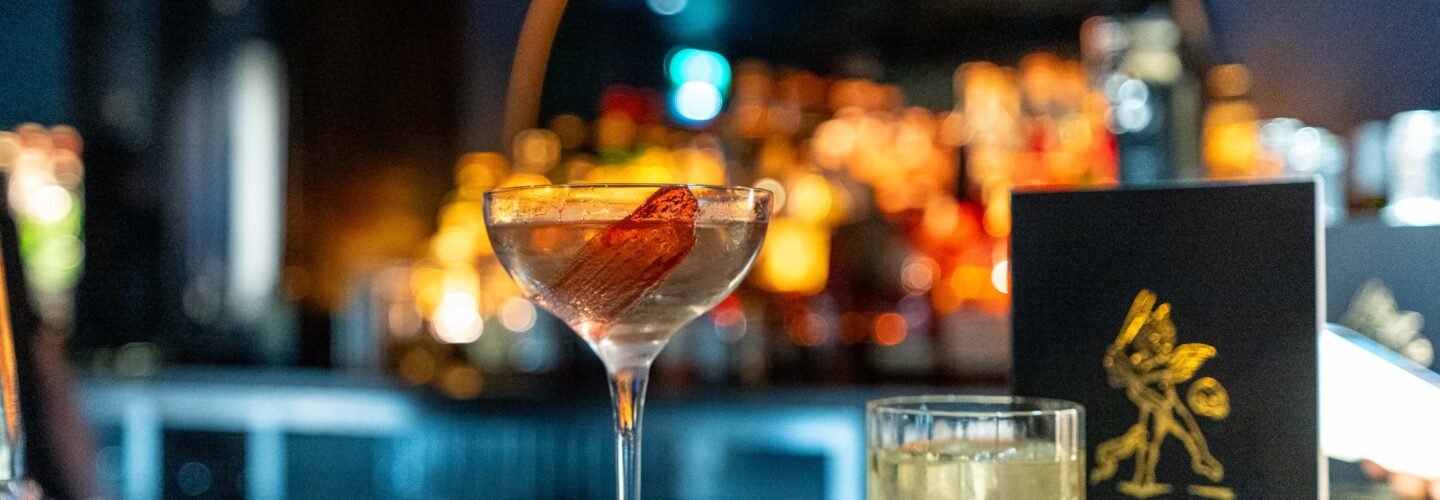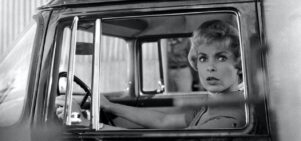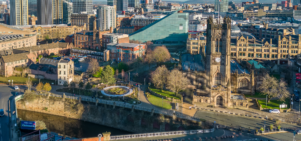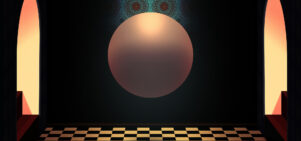Forty-one songs, three orchestras & one voice: Strauss shakes up Manchester music
Susie StubbsThe Hallé, Camerata, BBC Phil, Bridgewater Hall and RNCM honour “the greatest storyteller in 20th century music”.
Next year is a big one for many a cultural reason. There’s the re-opening of the Whitworth and Manchester’s Central Library. There are the commemorations around World War One, which, with IWM North leading the poignant charge, are likely to reverberate across the North. There’s the Asia Triennial Manchester and Liverpool Biennial. And then there’s this: the 150th anniversary of the German composer, Richard Strauss, celebrated in Manchester with a festival that sees the city’s orchestras – all three of them – work together for the very first time.
If at this point you are thinking, “Strauss? Wasn’t he Austrian?” you could be forgiven. But we’re not talking about that Strauss. This one was arguably the foremost German composer of the 20th century; a man who wrote his first song at the tender age of six and was still going strong aged 84. While he wrote over 200 works, from opera to ballet, it is for his lyricism, his ability to marry poetry and music, for which Richard Strauss is best remembered. For the first three months of 2014, the Hallé Orchestra, Manchester Camerata, BBC Philharmonic Orchestra and RNCM, with the help of The Bridgewater Hall, lay on a series of concerts in his honour. Called Strauss’s Voice, this festival not only sees them perform Strauss’s choral works – all 41 of them, played in Manchester as a complete cycle – but also includes some moments of genuine musical magic, such as the Hallé and the BBC Philharmonic playing together on a single stage (they’ll be playing Strauss’s Alpine Symphony). Think about it: two full orchestras at the top of their international game, playing together. That’s one hell of a line-up.
See two full orchestras at the top of their international game, playing together
Richard Strauss was a Romantic composer, yet the idealism that characterized his early career faltered when faced with the horrors of the Nazi regime – against which he struggled to save his part-Jewish family. In response, he composed Metamorphosen, a “moving elegy for the destruction of German culture” that he’d witnessed during the Second World War. This masterpiece, written for 23 solo strings and performed by Manchester Camerata, gets a late night airing as part of the festival. Two other highlights are the BBC Phil’s concert on 18 January (featuring Also sprach Zarathustra, Strauss’s attempt to tell “the entire story of humanity”), and Four Last Songs, an emotional series of poems set to music and written by Strauss just a year before he died; they are performed by the acclaimed lyric soprano Anne Schwanewilms with the Hallé orchestra. “These were composed in 1948, when Strauss was 84,” says the music critic, Michael Kennedy, who is part of the festival. “Although occasionally performed with piano accompaniment, the songs’ glory is intensified by the use of the orchestra – the voice of Strauss with no hint of failing powers.”
The festival is not only about the performance of Strauss’s work. Its diverse programme includes a beginner’s guide to the art of conducting, performances of work by Mozart, Sibelius, Wagner and Brahms, and new vocal pieces composed in response to Strauss’s anniversary. This volume of events, the quality of the orchestras, and the international standing of the conductors and musicians involved – alongside the beauty of Strauss’ choral works themselves – all combine in a chance to immerse yourself in the work and the world of the “the greatest storyteller in 20th century music”. Like we said, 2014 is shaping up to be a vintage year for culture.
